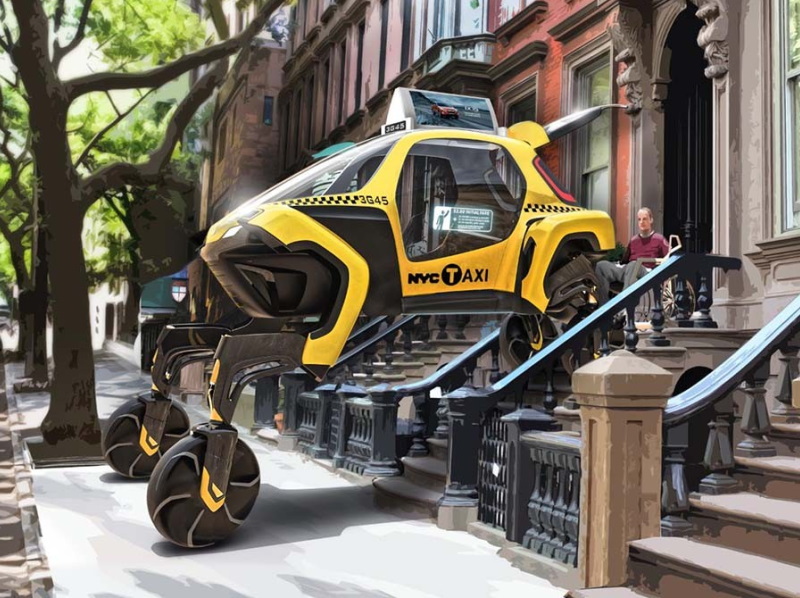

Driving that doesn't cost the Earth.
Future generations shouldn't have to choose between their cars and their planet. That's why our long-term aim is to be creating vehicles that have as small an impact on the environment as possible, because their powertrains require no fossil fuels, and they emit no CO2 or other pollutants.
To make this vision everyone's reality, we spend every day pursuing the technological evolution of efficiency and performance in the form of brilliant, radical, alternative-powered vehicles.
To hear about how we're driving the future of mobility, sign up to our 'Future Mobility' newsletter.
Subscribe
Learn more about eco.
Figure based on WLTP (Worldwide Harmonised Light-Duty Vehicles Test Procedure) static laboratory combined average city and highway cycle test, which measure, energy consumption, range and emissions in passenger vehicles, designed to provide figures closer to real-world driving behaviour. Real life driving results will vary depending on a combination of driving style, type of journey, vehicle configuration, battery age and condition, use of vehicle features (such as heating and air conditioning), as well as operating, environmental and climate conditions.
[H1] Source: #1 2020 IONIQ Electric, and #2 is 2020 Kona Electric from Green Vehicles Guide
[H2] If the vehicle has been used for private and domestic purposes and is not and has not been previously used for a commercial application, including but not limited to taxi, hire, rental, courier, security, driving school, tour, bus operator or emergency vehicle. Vehicles used at any time for “commercial application”, as defined in the vehicle warranty policy, are excluded. Passenger vehicles that are or have been used for a commercial application are provided with a 5 year/130,000km warranty (whichever occurs first). An iMax that is used or has been used for a commercial application is provided with a 5 year/160,000km warranty (whichever occurs first). An iLoad is provided with a 5 year/160,000km warranty (whichever occurs first) regardless of its usage. Commercial application does not include Hyundai Genesis vehicles used for hire/limousine purposes. Refer to full warranty terms and conditions for details and exclusions. Read More.
[R1] Kona Electric: Range is based on WLTP (Worldwide Harmonised Light-Duty Vehicles Test Procedure) static laboratory combined average city and highway cycle test, which measure, energy consumption, range and emissions in passenger vehicles, designed to provide figures closer to real-world. Real life driving results will vary depending on a combination of driving style, type of journey, vehicle configuration, battery age and condition, use of vehicle features (such as heating and air conditioning), as well as operating, environmental and climate conditions.
[R2] IONIQ: Figure based on WLTP (Worldwide Harmonised Light-Duty Vehicles Test Procedure) static laboratory combined average city and highway cycle test, which measure, energy consumption, range and emissions in passenger vehicles, designed to provide figures closer to real-world driving behaviour. Real life driving results will vary depending on a combination of driving style, type of journey, vehicle configuration, battery age and condition, use of vehicle features (such as heating and air conditioning), as well as operating, environmental and climate conditions.
[R3] Nexo: Based on Australian Design Rule 81/02 static laboratory combined average city and highway cycle test (same as New European Driving Cycle test as defined by UN/ECE R101), and may not reflect real life driving results. Real life driving results will vary depending on a combination of driving style, type of journey, vehicle configuration, battery age and condition, use of vehicle features (i.e. heating and/or air conditioning), as well as operating, environmental and climate conditions. ADR 81/02 and NEDC test results are meant for comparison purposes only.
[R4] Excludes electric vehicles.